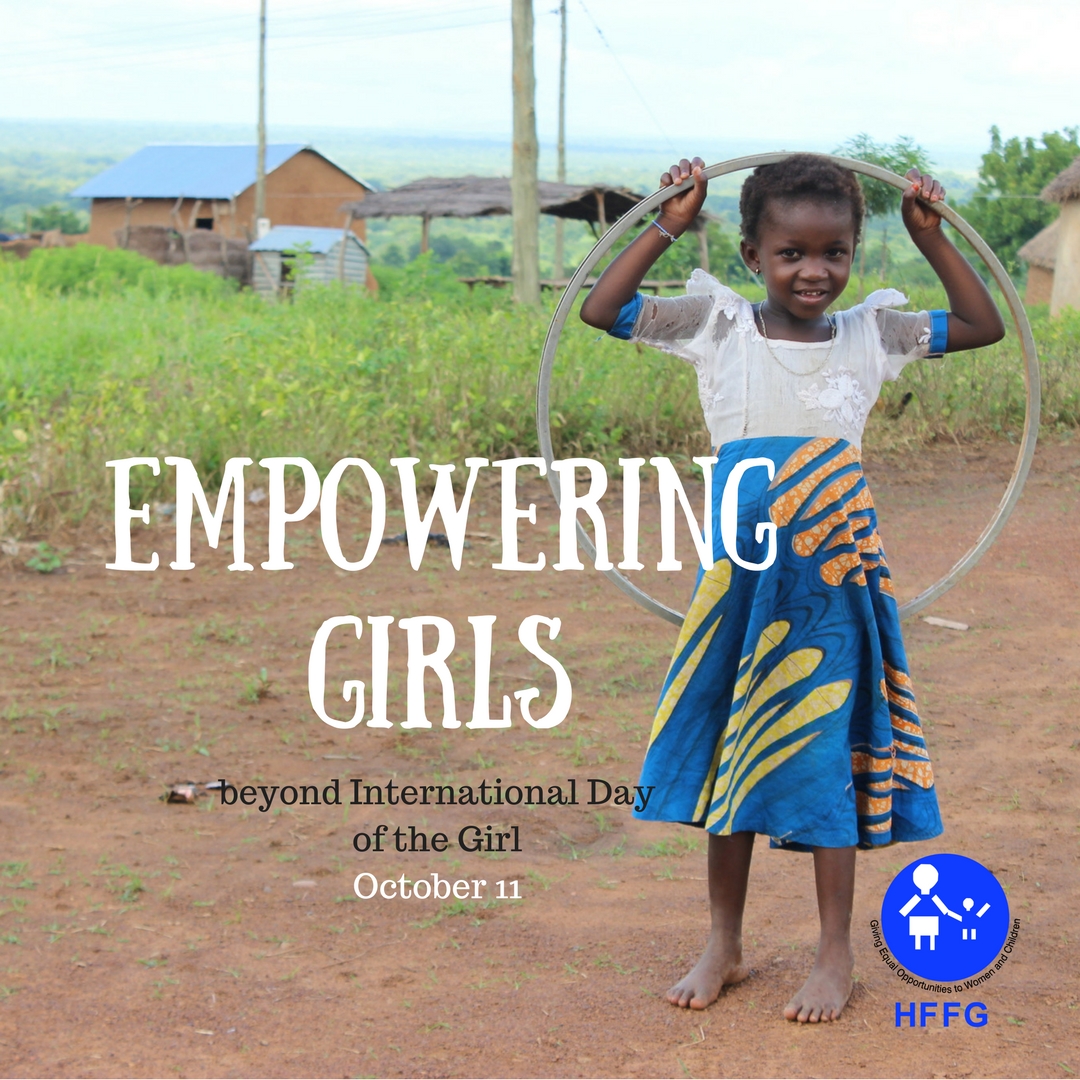Violence against women and girls is a systemic global issue. According to a BMC Public Health report,
33 to 37 percent of women in Ghana have experienced intimate partner violence during the course of
a relationship (including physical, sexual, emotional and psychic violence). In Ghanaian schools,
studies found that 14 percent of girls are survivors of sexual abuse and 52 percent have experienced
gender-based violence during some point in their lives. These numbers are likely understated, as girls
and women tend not to report abusive crimes for fear of heightened violence or repudiation by family
or community members.
Therefore, the work of HFFG in this realm is necessary to curb such trends. The organisation advocates
for an end to domestic violence, child marriages (early and forced), witch camps, genital cutting, as well
as rape, molestation, defilement and sexual harrassment. Multiple women participants are also trained as
whistleblowers for inclusion in the Violence Against Women Watchers (VAWW) programme serving
alongside representatives from the district assemblies and male traditional leaders in their communities.
HFFG creates and manages integrated community programmes that address these intersectional issues and
provide safe space for women and girls to seek information about their human rights, treatment and services,
counseling, capacity building, entrepreneurial skills and community solidarity.



